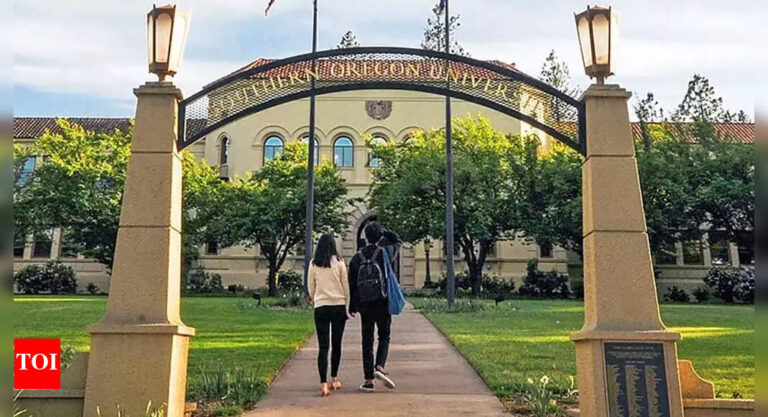
The rapid adoption of artificial intelligence tools such as ChatGPT has introduced new challenges in US higher education, especially within Ivy League universities. These prestigious institutions are grappling with how to integrate AI in learning while maintaining academic integrity. As reported by Forbes, the use of generative AI presents both opportunities and risks for students, educators and the institutions themselves.Ivy League schools have not imposed blanket rules on AI use, but instead emphasise the autonomy of individual instructors to determine policies in their courses. This approach reflects the complexity of AI’s impact on learning outcomes and academic honesty, and it places responsibility on students to understand when and how AI can be used appropriately.Instructor and course autonomy define AI policiesPrinceton University’s official policy states that if generative AI is permitted by the instructor, students must disclose its use but not cite it as a source since AI is considered an algorithm rather than an author. The policy further advises students to familiarise themselves with departmental regulations regarding AI use, as reported by Forbes. Similarly, Dartmouth College allows instructors to decide whether AI tools can be used based on intended learning outcomes.This decentralised system means that students cannot assume uniformity in AI policies across courses, even within the same institution. A student permitted to use AI for brainstorming in one class might find it prohibited in another. This variation extends to disciplines; STEM courses may allow wider use of AI tools, while humanities departments like English often restrict AI to preserve critical thinking and originality.AI misuse is considered academic dishonestySeveral Ivy League schools, including the University of Pennsylvania and Columbia University, have clearly stated that misuse of generative AI constitutes academic dishonesty. According to Forbes, students who improperly use AI may face disciplinary measures similar to those for plagiarism.Understanding how AI functions is critical for students to make informed decisions about its use. They need to be able to evaluate AI-generated content critically, identify hallucinations or inaccuracies, and disclose AI assistance when allowed. As Forbes reports, schools also emphasise the importance of respecting intellectual property rights, warning against uploading confidential or proprietary information to AI platforms without proper protections in place.Policies are evolving alongside AI technologyGiven the fast pace of AI development, Ivy League institutions regularly review and update their AI guidelines. Columbia University notes that guidance on generative AI use is expected to evolve as experience with the technology grows, as reported by Forbes. Faculty are encouraged to experiment with new pedagogical methods and adapt their course policies to reflect changing realities.Students preparing for collegiate study are advised to develop technological literacy and critical thinking skills to navigate these shifting policies successfully. The indiscriminate use of AI tools may hinder their ability to demonstrate independent thought, a quality highly valued by Ivy League admissions and faculty alike.In summary, Ivy League students face the unexpected risk of navigating a complex and evolving landscape of AI policies. While generative AI offers powerful tools for learning, misuse or overreliance can lead to academic consequences. Awareness, transparency and critical engagement with AI are essential to avoid these risks, as these elite US institutions continue to balance innovation with academic standards.TOI Education is on WhatsApp now. Follow us here.







